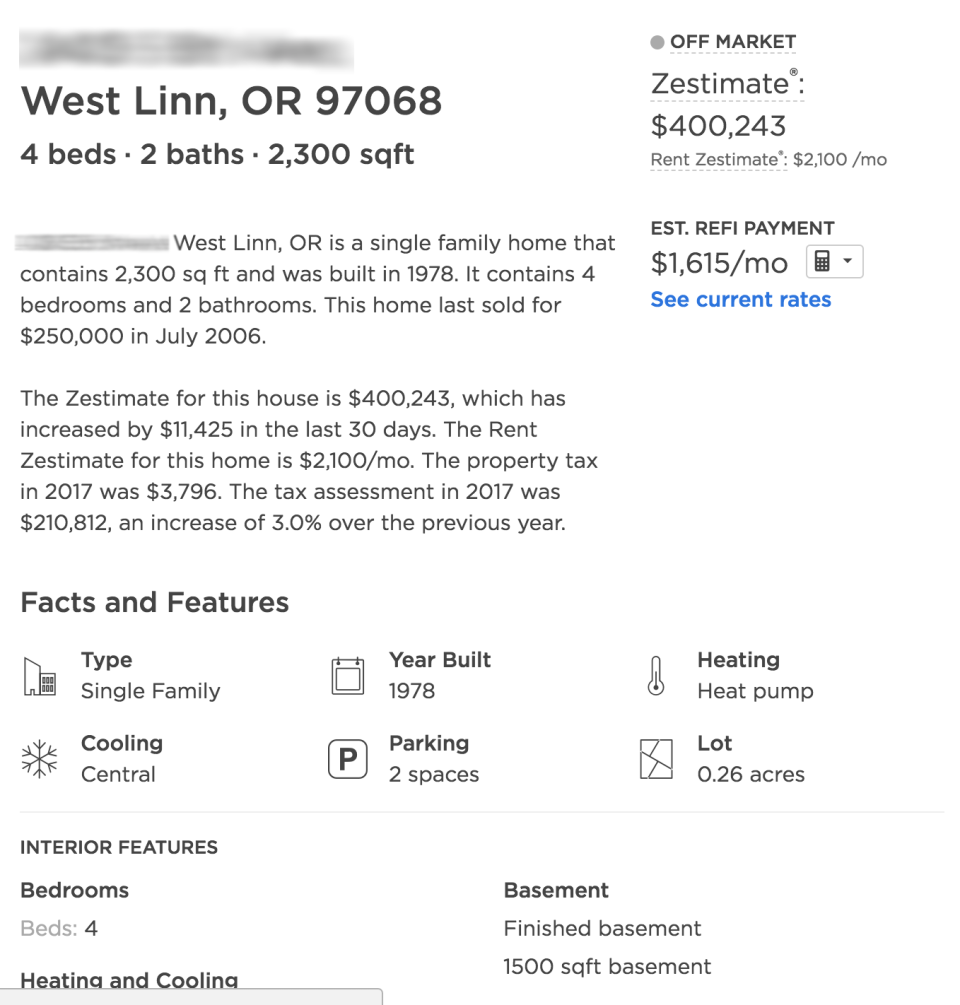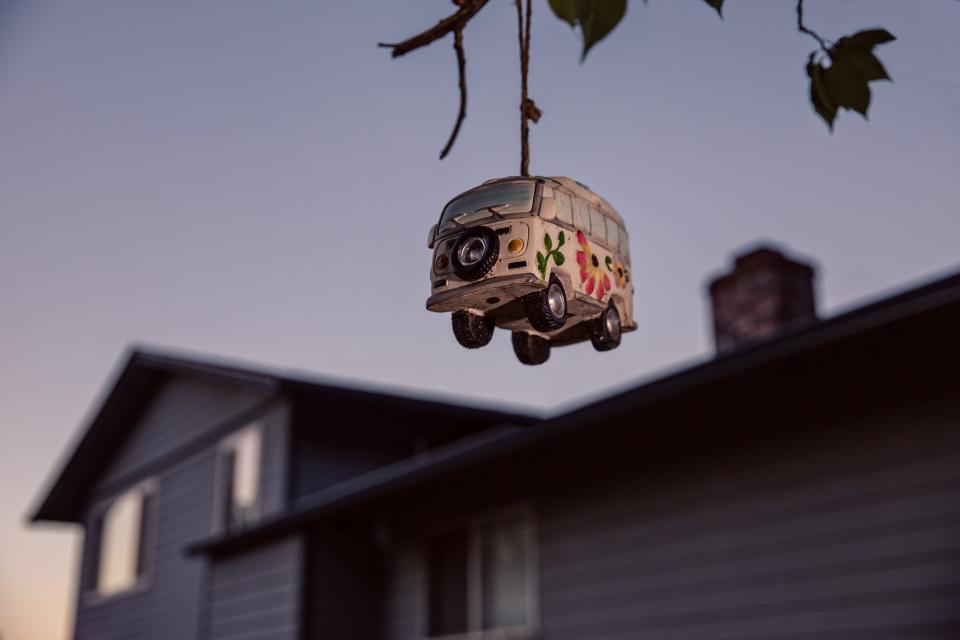Broken Harts, Episode 8: 'There Were Good Times'
In April 2019, a little more than a year after the crash that killed the Hart family, there will be a formal coroner's inquest, after which the jury's decision on whether the tragedy of last year was a murder by one person, a conspiracy to murder by more than one person, or an accident will be revealed to the public.
But what about those who knew Jen and Sarah Hart best? What do they think?
Jen and Sarah frequently implied they had no support system, but it seems their isolation was created purposely. In an email to field reporter Lauren Smiley on September 25, 2018, Jen's younger brother, Jonathan, explained that it was Jen's choice to distance herself from the family. "One thing I would like to clarify for myself and my family is that Jen was not ousted from the family for being gay. I have been openly gay, even in high school, and it never affected me living in my mom or dad's home." He continued, "If anything, all this time, my family did nothing but try to help and understand Jen—not work against her."
Jonathan went on to assert that his family had always been supportive of Jen. "Nobody has done anything to [Jen] to warrant this," Jonathan says. "All I have seen my whole life is her getting—my parents, grandparents, anybody—people jumping through hoops to give her what she wanted, and that's all I can say. People loved her. They really stuck up for her…. It really hurts me when this stuff gets reflected on my parents. That really hurts my feelings. My mother is wonderful, and she did put up with a lot from my sister. We all did."
Similarly, sources close to Sarah's family told Glamour that the family had not been in touch with Sarah for a long time, but that it was Sarah's choice to cut off contact, not the other way around.

Sarah and Jen distanced themselves from their families, kept friends at arm’s length, and closed their blinds on concerned neighbors. When schools, social services, the medical community, and the festival community asked questions, the women were able to foster doubt and convince the world that they were normal parents. When anyone got too close, Jen and Sarah withdrew, they canceled plans or relocated, or they moved the conversation to Facebook, where Jen could control the narrative. This was their choice, and in the end they were alone.
Back in August 2018 Lauren Smiley connected with Hannah Scott, a professor of criminology at the University of Ontario Institute of Technology, who has spent a lot of time studying the psyches of women who commit heinous crimes. In their discussion, Scott noted that very little is known about same-sex couples and domestic abuse, and women who kill their families, or what may drive them to do so. Here, Scott explains why that is:
Portland's KOIN 6 News recently pointed out in a report that, since the crash, two very different images of the Hart family have emerged: "One is of a family in crisis, and the other is of a family trying to make the world a better place." Singer Jenni Price of the band Acoustic Minds is someone who saw the Harts as trying to make the world a better place. Price wrote her song "Quicksand" after seeing that viral photo of Devonte hugging a policeman at the Portland rally in 2014. Price told KOIN 6 News that, after writing the song, she approached Jen Hart to ask if the family would appear in the music video, but said Jen was initially reluctant. She went on to explain she "had never met a family like this…. They did not have TV, they did not use cell phones, they did not have technology in ways like children are glued. Instead their home was filled with books, musical instruments, artistic equipment like paint and crayons and markers and huge construction paper for art projects, their yard was open and a large part of it was a garden."
In Price's eyes, the family "exemplified the hope, acceptance, genuine will of unconditional love." On Zillow the Harts' home in West Linn, Oregon, is listed as a spacious four-bedroom. Was this a happy home? Going by Price's description, there's reason to believe it could have been. And yet those who knew the Harts in Woodland, Washington, paint a very different picture: a household where children were being abused and went hungry; a home the police reported was unusually spare and lacking signs of the children's presence.

While interviewing Dana DeKalb one afternoon, field reporter Lauren Smiley took a walk through the Harts' backyard. While there, she spotted an ornament hanging from a tree: a ceramic VW hippie van with "flower power" details. Turning it over in her hand, Lauren saw the price tag was still stuck on the bottom: "Ross Dress for Less, $7.99."

The ornament reflects the image that Jen Hart so desperately wanted to project to the world: a merry band of travelers, alone, but alone together. Happy together. And those who knew the Harts would like to believe this is true: that there were happy times together; that, as Dana DeKalb puts it, "there were good times, that it wasn't constant ugly."
In April of this year, a jury of 12 will attempt to determine the cause of death for the bodies found at the crash site. What will they see in the evidence, and in the case? Will they see Jen and Sarah as tragic antiheroes or as monsters? Neither is the whole story, because what Jen and Sarah Hart actually were is even harder to accept. They were both.
Subscribe now to our new podcast, Broken Harts, from Glamour and HowStuffWorks and based on this story from the October 2018 issue of Glamour. New episodes will air each Tuesday; find them on Apple, Google, Spotify, or wherever you like to get your podcasts. For the full transcript of this episode, click here. Have any tips, feedback, or questions? Email us at brokenhartspodcast@gmail.com.
Top photo: AP Images

